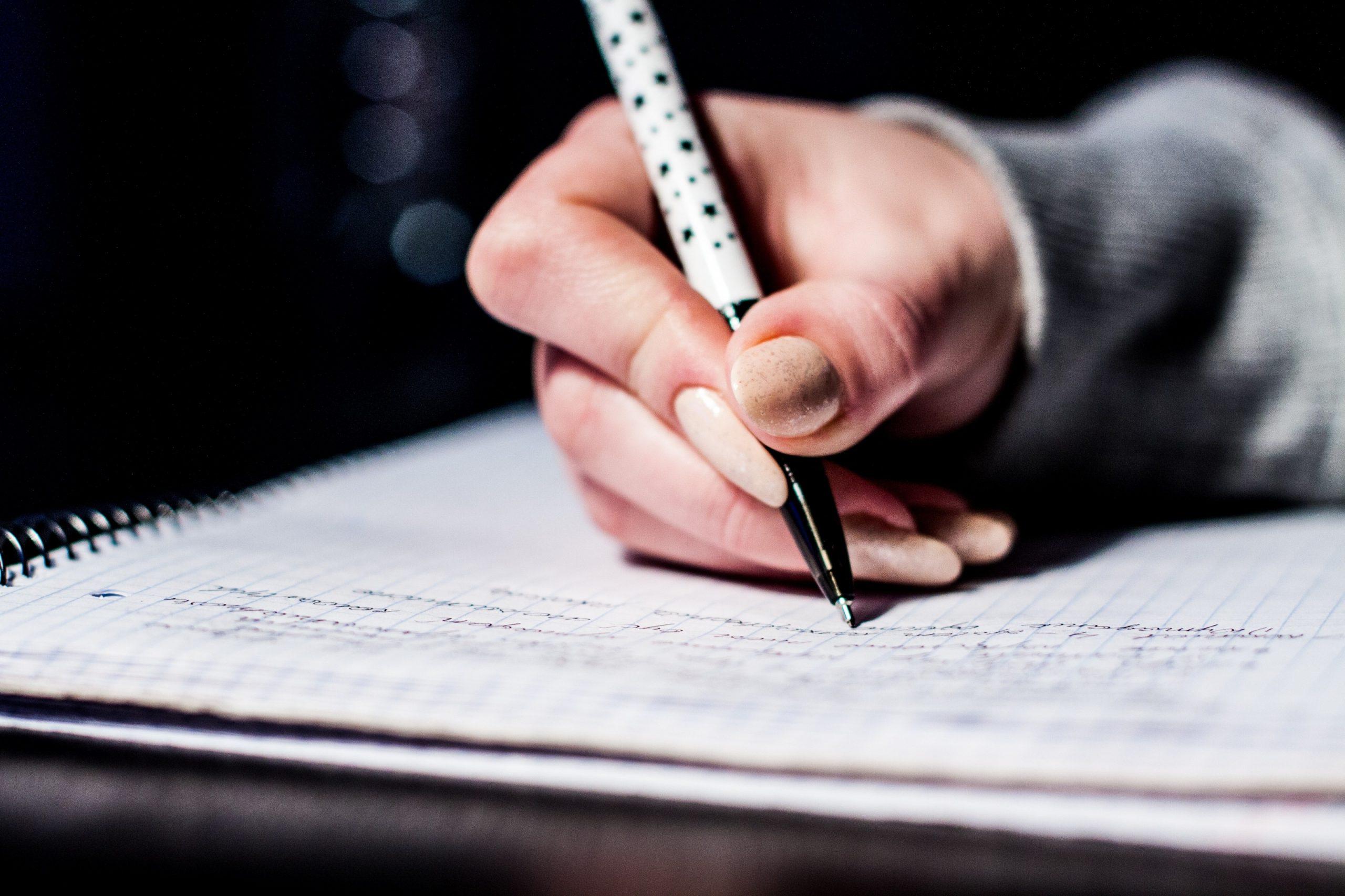Once you have an offer on a house accepted, the conveyancing process can begin. Ideally, this will be a speedy process and you’ll be able move into your new home nice and quickly. However, there are some delays that commonly occur, making the process take longer than anticipated.
Solicitors are legally obliged to follow a strict code of conduct, which involves making checks on such matters as problems revealed during a survey. These queries can take time, especially if the seller or other third party takes their time submitting a response. Maintain regular contact with your solicitor, but try to remain patient.
The conveyancing process relies on all parties in the chain being efficient. If just one party is slow to respond to queries, or when carrying out checks and other aspects of the process, the whole conveyancing process will be slowed down. If you chase up third parties, keep detailed records of all transactions.
Buying a leasehold property can often take longer than a freehold. When purchasing a leasehold property, the solicitor must obtain details from the leaseholder, which will include service charges, cost of ground rent and more. If you are buying a leasehold property, inform your solicitor as soon as possible, and let the freeholder know that they will be required to provide information.
Prior to buying a home, you can make sure that the process is sped up a little by having your mortgage in place. A CeMAP mortgage advisor can help with this process, and provide advice.








